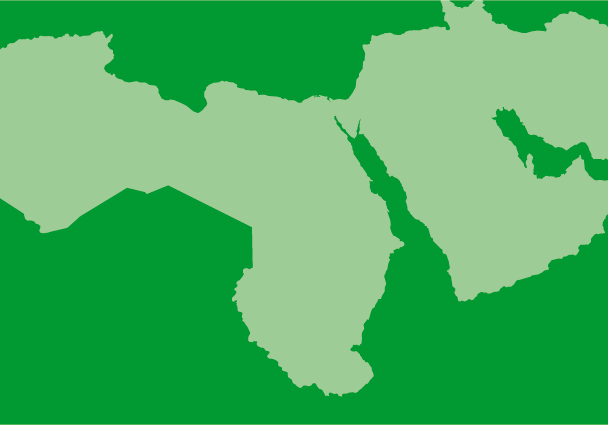
ICJ concerned at Israel’s use of collective punishment
The ICJ expressed disappointment today at the ruling by Israel’s Supreme Court allowing for the deportation of West Bank residents Antisar Ajouri and Kifah Ajouri to Gaza.

The ICJ expressed disappointment today at the ruling by Israel’s Supreme Court allowing for the deportation of West Bank residents Antisar Ajouri and Kifah Ajouri to Gaza.
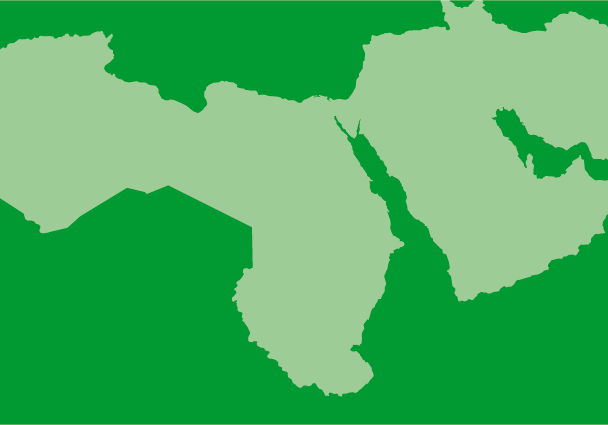
On 26 August, the High Court of Justice of Israel heard the beginning of oral arguments by lawyers for Kifah and Intisar Ajuri and Abdel Nasser Asida. The three petitioners are relatives of persons accused by Israel of having carried out acts of terrorism.
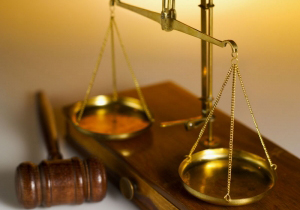
The basic laws of Israel guarantee the independence of the judiciary, which is generally respected by the legislative and executive powers.
The September 1999 landmark judgement of the High Court barring the use of torture and the April 2000 ruling prohibiting the holding of detainees for use as “bargaining chips” demonstrated that the judiciary would maintain independence even in certain sensitive cases relating to national security. The overall human rights situation vis-à-vis the Palestinian population under the jurisdiction or control of Israel deteriorated markedly. Following the outbreak of violence in late September 2000, Israeli security forces made repeated and sustained incursions into Palestinian territory, engaging in widespread and gross violations of human rights and humanitarian law.
Attacks on justice 2002-Israel-publications-2002 (full text, PDF)
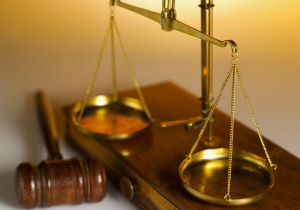
With his accession to power as Amir in March 1999, Sheikh Hamad began an unprecedented process of political reform.
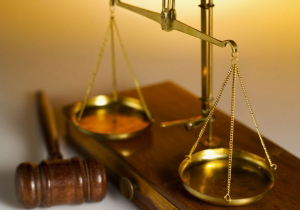
Judges and public prosecutors are not fully independent. Political manipulation over the judiciary remains a principal concern. The judicial system does not provide for fair trials. Lawyers suffer continuous harassment by the executive.